3 Common Food Cravings And What They Can Mean
Do you have a sweet tooth that you are struggling to control? Need to have that bar of chocolate every day? Or maybe you are constantly craving a juicy beef steak?
Often, we associate food cravings and our inability to resist them with a lack of will-power and self-discipline. But in reality, these cravings can have less to do with self-control and more with certain biochemical imbalances in your body, including a lack of certain nutrients that are essential for your well-being.
Here are three of the most common cravings and what they could be telling you about your health:
(1) SUGAR CRAVINGS
Frequent cravings for something sweet can often be the result of a fluctuating blood sugar or an imbalanced gut flora.
Both of these can occur as a result of certain lifestyle choices such as an unhealthy diet and lack of sleep, and can also be affected by stress, certain medication or medical conditions.
Sugar cravings can also be a sign that you are low in magnesium, or if you tend to crave sugary foods particularly after a meal, your body might be telling you that you are lacking zinc in your diet.
To find out more about how to start conquering these cravings, check out these 3 tips.
(2) CHOCOLATE CRAVINGS
Lack of magnesium might also be contributing to your insatiable desire for chocolate. This might be the case particularly if you are at the same time experiencing any other symptoms of low magnesium, such as muscle cramps, headache, sleeping difficulties or a chronic lack of energy.
To increase magnesium in your diet, make sure that your meals contain a good amount of foods like dark green leafy vegetables, whole grains, beans and pulses and nuts.
(3) RED MEAT CRAVINGS
If you are craving red meat, your body might be telling you that it needs more protein, iron or vitamin B12, which are all key nutrients that are found in meat products.
All of these nutrients are also important for good energy levels, so if you are feeling chronically tired, it might be a good idea to speak to your doctor about checking your iron levels, and consult a nutritionist who can help you to make sure that you have enough of these nutrients in your daily diet.




